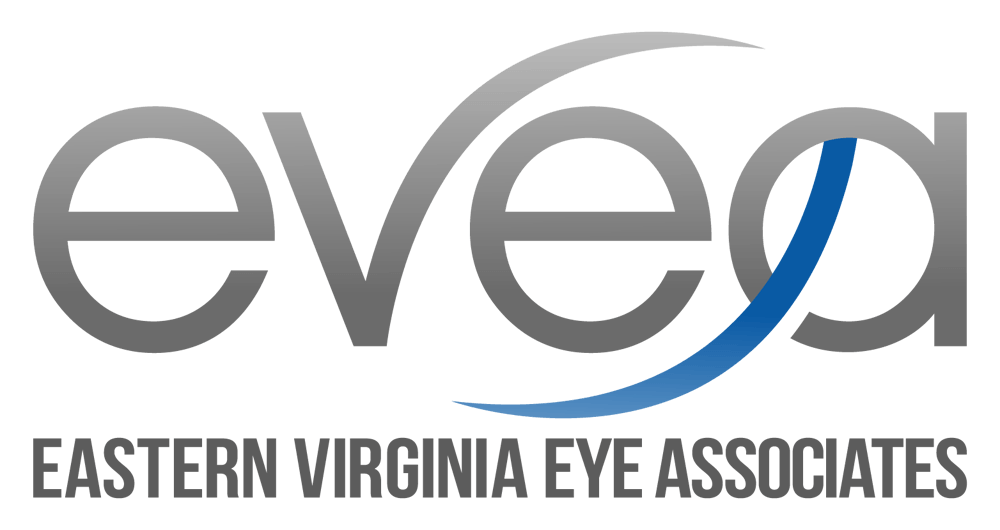Myopia Management
At Eastern Virginia Eye Associates, we stay at the forefront of eye care advancements. In recent years, there has been a surge of innovative solutions aimed at slowing the progression of myopia. With the use of specially designed lenses, the latest technologies are proving to be more effective in managing myopia than ever before.
Once Considered a Simple Vision Issue, Myopia (nearsightedness) is Now Considered a Major Children's Health Issue.
Nearsightedness (myopia) is a common vision condition diagnosed during a basic eye exam. For those who are nearsighted, objects that are farther away appear blurry. Myopia is caused by genetics, as well as other environmental factors.
Genetics is the primary cause of myopia, or nearsightedness; children inherit the tendency to develop the eye condition from their parents. Also, how a person uses their eyes — such as frequently performing detailed or up-close work, or regularly using computers, tablets and cellphones.
Why is Myopia Important?
Myopia is somewhat predictable - especially during the adolescent years.
We can now reliably predict if, and how much, a prescription will change from year to year. In the past, eye doctors have provided traditional glasses or contact lenses to make vision clear. Predictably, the following year a stronger prescription is needed to see clearly. So, the way we have treated myopia in the past is not a treatment at all, but rather a temporary fix until the prescription worsens.
Today - we treat myopia! No longer waiting for a prescription to worsen, we aggressively slow or halt the progression using advanced diagnostic technology and state of the art lenses.
Risks of Myopia
Not only does Myopia cause blurred vision, but can also have a significant impact on overall eye health.
When left undiagnosed and untreated, myopia (nearsightedness) can lead to a host of complications, such as reduced ability to learn, and later in life:
Retinal detachment:
A condition that occurs when the retina, a thin layer of tissue that surrounds the inside of the eye, pulls away from supportive layers of blood vessels that provide its necessary oxygen and nourishment.
Myopic maculopathy:
A condition caused by the deterioration of the central portion of the retina, and is a leading cause of severe, irreversible vision loss.
Glaucoma:
A condition, usually linked to pressure inside the eye, that causes damage to the eye’s optic nerve, potentially causing irreversible vision loss and blindness. Studies show people with myopia have a 2-3x greater risk of developing glaucoma.
Cataracts:
A clouding of the lens of the eye that can cause changes in vision. Though cataracts can affect everyone as they age, they often develop sooner in patients with myopia.
Treatment options
Today, we have many ways to treat myopia and stop it in its tracks. Treatment options range from specially designed soft contact lenses, rigid contact lenses that reshape the eye's surface, advanced technology glasses that manipulates the image projected onto the retina, as well as many other methods.
Click below to learn about the options we recommend!
FAQ
- How do I find out if my child is a candidate?
We offer complimentary Myopia Control evaluations to determine if your child is a candidate and if so, which treatment option would be best for them. Simply contact our Myopia Control Coordinator and we will guide you from there.
- How do I contact the clinic during off-hours?
Once you part of our Myopia Control program, you will have the personal contact information for your doctor and our Myopia Control coordinator. We are here for you and wvailbale to answer questions or address concerns at any time.
- Which insurance providers do you work with?
We work with most major medical insurances. However, most insurances view Myopia Control as non-cevered service, as they do with most preventative or advanced technology services. Therefore, Myopia Control is not covered by insurance plans.
- Can I pay for services in installments?
We offer payment plans as well as a discount for full payment at the time of service. Our Coordinator will discuss which options are available to you and work with you to choose the best option. We also offer Care Credit.
Speak with a Myopia Management Specialist today!
Contact Us
Thank you for contacting us.
Our Myopia Control Coordinator will reach out to you shortly. Have a great day!
Please try again later.
Contact Us
Email: info@evea2020.com
Tel: 757-436-EYES
1108 Cedar Road
Chesapeake, VA 23322
Office Hours
- Mon - Fri
- -
- Sat - Sun
- Closed
All Rights Reserved | Eastern Virginia Eye Associates




